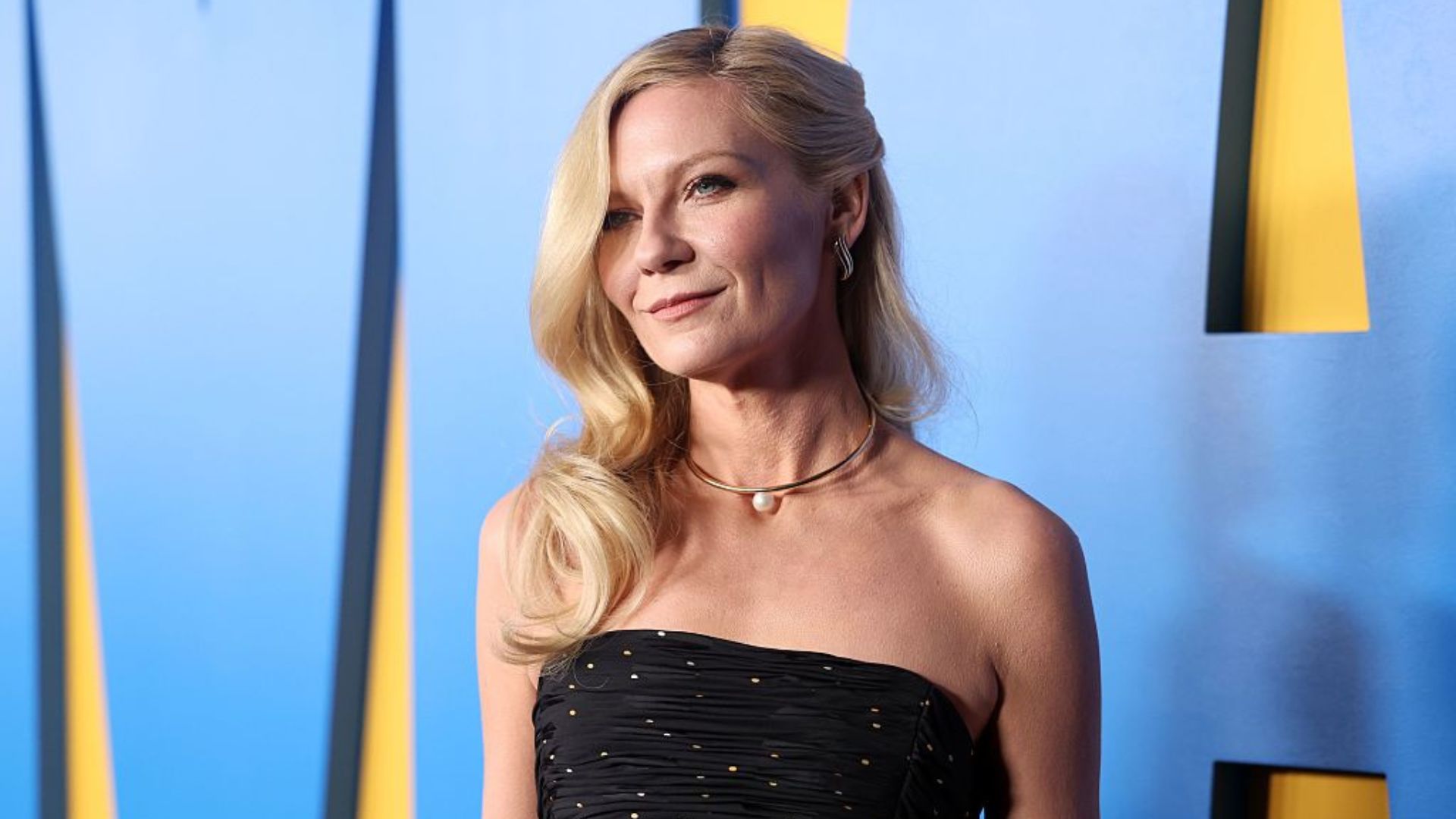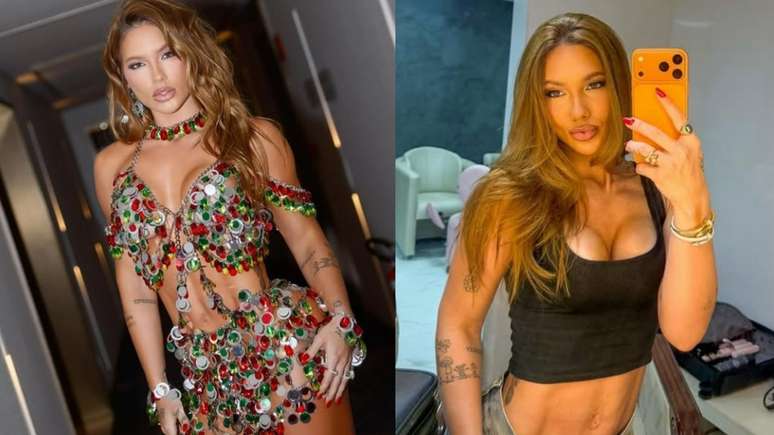The production tells how the Rossoneri club went from amateurism to professionalism in the conflict of egos that divided the group to which Bandeira de Mello, Rodolfo Landim, Wallim Vasconcellos and Fábio Bap belonged
“I will put together a team to defeat these scoundrels,” wrote Luiz Eduardo Baptista, known as Bap, in a WhatsApp group when he decided to break with the administration of Bandeira de Mello, who had helped take over the presidency of Flamengo in the of Chapa Azul, made up of names outside football and linked to the financial market, such as Rodolfo Landim and Wallim Vasconcellos.
The group began to fall apart because they wanted Bandeira to be a sort of “queen of England”, in Bap’s words, but he didn’t follow the idea of being just a representative who only made decisions if approved by the other members. of Chapa Azul. These behind-the-scenes stories are told in the documentary series The reinvention of Flamengowhich premieres this Wednesday at 9 p.m Sports TV and will be available on the streaming platform GloboPlay.
The four-part documentary, directed by journalist Marcelo Pizzi and produced by SporTV in collaboration with Beyond Films, a production company whose partners include Ronaldo Fenômeno, shows how Flamengo went from an almost amateur situation to professionalism, led by a group that loose, but managed to implement a profound change in the mentality of the club.
“The key point I would like to leave at the end of the series is how a change in managerial mentality managed to transform a club in such an intense way,” Pizzi tells Estadão. “We have this premise, to be informative, but at the same time entertaining. It’s like we’re doing something like that game of Thrones. Without forgetting the economic context, but bringing this show away from fights and controversies.”
Flamengo idols, such as Zico, Júnior, Diego Ribas, Bruno Henrique and Gerson, give testimonies in the production, but the focus is on the managers. In addition to the quartet Bandeira, Wallim, Landim and Bap, important names from the Rossoneri cartel participate, such as former presidents Kléber Leite, Márcio Braga and Patrícia Amorim. Journalists Carlos Eduardo Mansur, Eric Faria, Paulo Vinícius Coelho and Rodrigo Capello contribute analysis and context.
In the first episode it is shown how disorganized Flamengo was: from the lack of a stretcher to remove a player from the pitch at the sports center to the water bill comparable to the second highest salary in the squad, due to a leak in the club’s swimming pool.
Once the scenario has been outlined, the actions of Chapa Azul and Bandeira as president come into play, such as the agreement to pay off debts with the Treasury using the money from the Adidas sponsorship and obtaining the negative debt certificate.
“It was a gigantic club, but drowned in divisions, poor sporting performance, incredible eliminations and with a huge fan base,” says Pizzi. “For every Rossoneri this question has always remained. How can Flamengo fail to transform this mass of fans into money? In the end it is what professional activity is about. Those who study history have discovered that it was much more than what it was “. a political, power conspiracy.”
The second episode deals with Bandeira’s last mandate, much questioned due to his sporting performances and the transition to Landim’s mandate. In the third the series enters the delicate theme of the Ninho fire.
“It’s a tragedy that we couldn’t ignore. We have this economic and political approach, but we couldn’t ignore the role he had in the management of Flamengo. It became a shoving game. Bandeira said that Landim was to blame, Landim said it was from Bandeira. It happened during Landim’s mandate. Ultimately, Bandeira is responsible,” says Pizzi.
The tragedy which killed ten young footballers, aged between 14 and 17, had a huge impact on the club and still raises questions about the way the case was handled. In a statement from the series, the greatest Rossoneri idol, Zico, says that the management had to “do everything for the families of those boys”.
“Getting information about success from these guys (directors) is easy. In the series there are a lot of opinions and a lot of behind-the-scenes information about things that went wrong. When dealing with this Ninho tragedy, interviewees who are not related to Flamengo are almost unanimous in saying that the club treated the families incorrectly, not in terms of economic values, but in terms of hospitality at that time”, says the director.
Again in the third episode, the story reaches the moments of glory of 2019, the year of the conquest of the Brasileirão and the Libertadores, under the command of Jorge Jesus, and explores the figure of Gabigol and his importance for Flamengo.
The episode that closes the production covers the final years of the Landim administration and follows the elections that brought Bap to the presidency at the end of last year. He ran against Rodrigo Danshee, representing the situation then led by Landim, his former ally.
Retracing the recent history of the club’s politics, general director Marcelo Pizzi believes that the split within the club that has changed the panorama of the Rossoneri management has been healthy and has helped the team to remain on the rise in recent times.
“It created a power shift, which I think is healthy for any democracy. Their ideas weren’t that different from each other. Everyone ended up adding something positive to Flamengo,” he says. “Nobody was interested in football. I think this was an advantage, because they didn’t introduce the vices of current football management. They were able to try things that worked in the end. Explore this economic potential better.”
Source: Terra
Rose James is a Gossipify movie and series reviewer known for her in-depth analysis and unique perspective on the latest releases. With a background in film studies, she provides engaging and informative reviews, and keeps readers up to date with industry trends and emerging talents.






